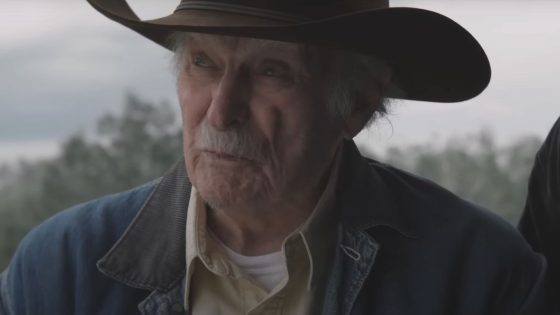Jury selection is scheduled to begin Tuesday for Alec Baldwin’s manslaughter trial in connection with the 2021 fatal shooting of a crew member on the set of “Rust” in Santa Fe, New Mexico.
The actor was practicing a cross-draw in a church on the set of the Western film when the Colt .45 revolver fired a live round, fatally striking 42-year-old cinematographer Halyna Hutchins.
Baldwin, 66, who was also a producer on the film, was indicted by a grand jury on involuntary manslaughter in connection with Hutchins’ death earlier this year, after prosecutors previously dropped the charge. He pleaded not guilty.
Alec Baldwin participates in a pretrial hearing in Santa Fe, N.M., July 8, 2024.
Ross D. Franklin/via Reuters
Jury selection is expected to last one day, with the trial scheduled through July 19.
Baldwin has maintained that he did not pull the trigger of the firearm, though the FBI’s forensic report determined the gun could not have been fired without pulling the trigger.
Prosecutors were seeking to argue during the trial that Baldwin bore responsibility as a producer for unsafe conditions on the set. However, Judge Mary Marlowe Sommers ruled against prosecutors during an evidence hearing on Monday.

From left to right, lawyer Alex Spiro, Alec Baldwin, lawyer Luke Nikas and lawyer Heather LeBlanc participate in a pretrial hearing in Santa Fe, N.M., July 8, 2024.
Ross D. Franklin/via Reuters
In arguments prior to her ruling, defense attorney Luke Nikas said that claiming Baldwin was liable for the on-set shooting death because he was reckless in his role as a producer was “far more prejudicial than it is probative” and should be excluded.
Prosecutor Erlinda Ocampo Johnson, meanwhile, said it was relevant to demonstrate to the jury that as a producer Baldwin was “aware of his safety obligations” and “has the power to control safety on set.”
In denying the evidence, Marlowe Sommers said the probative value was “not substantially outweighed by unfair prejudice and certainly confusion of issues to the jury.”
Among other evidentiary rulings, the judge said footage from the “Rust” set showing Baldwin’s handling of the firearm can be admitted into evidence in trial, but that videos of him yelling or cussing at the crew to hurry up were not relevant in the case.
Baldwin’s defense team filed several motions seeking to dismiss his indictment, which were all denied in the weeks leading up to the trial.
Marlowe Sommer additionally denied a request last month from the state to use immunity to compel testimony from the film’s armorer, Hannah Gutierrez, during Baldwin’s trial.

Signage indicating the location of the Bonanza Creek Ranch film set, near where a crew member was fatally shot during production of the western film “Rust”, is seen in Santa Fe, NM, Oct. 28, 2021.
Patrick T. Fallon/AFP via Getty Images
Gutierrez, 27, was found guilty of involuntary manslaughter in connection with the shooting and sentenced in April to 18 months in prison, the maximum possible, in the shooting. She appealed her conviction in May.
Prosecutors sought immunity so that her testimony could not be used against her in her appeal. At a pretrial interview in May, Gutierrez asserted her Fifth Amendment privilege against self-incrimination, prosecutors said.
In issuing her ruling, Marlowe Sommer noted the armorer indicated she wouldn’t testify and that she hasn’t heard “anything that [Gutierrez] might testify to that someone else could not testify to.”
Gutierrez could still be called to testify but would speak without immunity.
Marlowe Sommer also allowed last month the testimony at Baldwin’s trial of a “Rust” crew member who prosecutors said witnessed the on-set shooting and said he saw Baldwin pull the trigger.

Locals and members of the local film community mourn the loss of cinematographer Halyna Hutchins at a vigil in Albuquerque, NM, Oct. 23, 2021.
Mostafa Bassim Adly/Anadolu Agency via Getty Images, FILE
Those on the state’s and defense’s witness lists who could also be called to testify include David Halls, the film’s safety coordinator who was sentenced to six months unsupervised probation in connection with the shooting, and “Rust” director Joel Souza, who was also struck by the live bullet. Both testified during Gutierrez’s trial.
During Gutierrez’s trial, footage of Baldwin from the filming of “Rust” was shown, including a take of the actor firing a gun after “cut” was called. Prosecutor Kari Morrissey addressed Baldwin’s role in the shooting during her closing argument, telling jurors, “Alec Baldwin’s conduct and his lack of gun safety inside that church on that day is something that he’s going to have to answer for. Not with you and not today.”
Source Agencies



